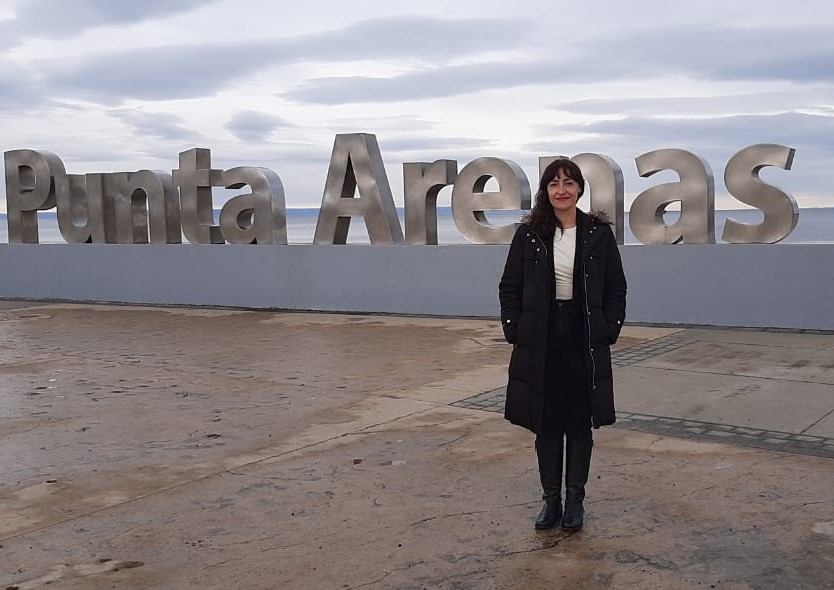The commission has maintained an extensive agenda that has allowed for the knowledge of the research potential of the region in this field.
He met with the highest authorities of the region, visited research centers, participated in children and youth from Punta Arenas and Porvenir, heard firsthand all the work done by the Selkn’nam community to recognize them as a living people, held meetings with researchers from various fields of knowledge and participated in the Regional Council Climate change in the Magallanes and Chile regions of Antarctica.
Nearly four days of the regional deployment of the Under Secretary of Science, Technology, Knowledge and Innovation, Carolina Ginza, was filled with activities that allowed her to learn about the work being done in the region in all the sciences and the scientific potential that it had.
“I am leaving the region with great enthusiasm. Indeed, Magallanes y la Antártica Chilena has capabilities and skills that will make it a great pole for the development of new knowledge and not only knowledge related to the natural sciences, but also to social sciences, humanities and technical research. The region for the potential generation of green hydrogen, the center of Chile Antarctica, has an impact not only scientifically, but also economically, socially and culturally on the entire community. ”
Regarding the activities that she was able to share with the children and young schoolchildren, Undersecretary Ginza said that their natural curiosity is the basis of new knowledge and for this reason, encouraging them to ask questions helps to develop critical thinking and also to generate in them a passion for research that can lead them to dedicate themselves to the profession.
In her recent activities, Under Secretary Ginza attended with Seremi of the Austral Macrozone, Veronica Vallejos, the Regional Council on Climate Change. This meeting was chaired by Governor Jorge Flais and also attended by Presidential Delegate Luz Bermudez and ministers from various portfolios.
The Undersecretary for Science stressed that for actions against climate change, knowledge generated by science, not only the natural sciences, but also the social sciences, humanities and research in art must be taken into account because it is “an interdisciplinary problem. And we have little time.”
Later, he met with researchers from the University of Magallanes, the University of Essen and the Chilean Antarctic Institute (INACH) to review the results obtained from the CTCI’s regional gap analysis.

“Social media evangelist. Student. Reader. Troublemaker. Typical introvert.”

:quality(85)/cloudfront-us-east-1.images.arcpublishing.com/infobae/TEQF6EONZRFGLLLDIDD4L2O4EE.jpg)

:quality(75)/cloudfront-us-east-1.images.arcpublishing.com/elcomercio/XU32LRAEZFDDPNVHLFU3CKVBYY.jpg)



More Stories
Venezuela ranks fourth in female leadership in science and technology in Latin America
In Portuguesa and Sucre they explore the wonderful world of science
The university court overturns the expulsion of two teachers and a chemical sciences student